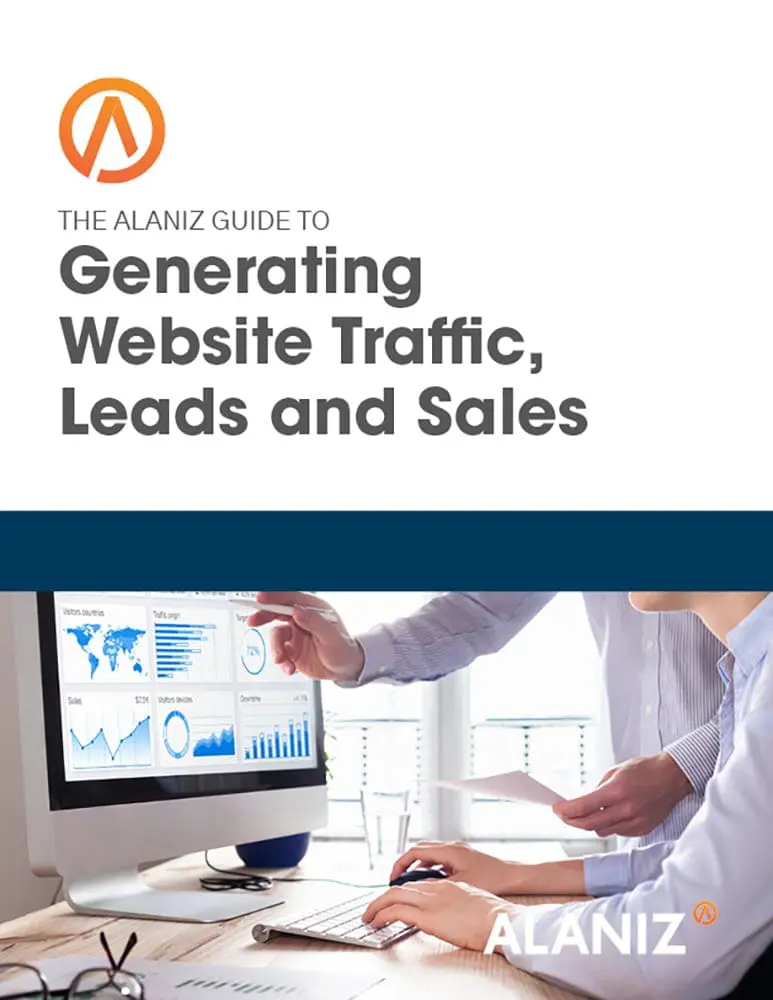I was talking to a large construction company—it’s doing about $200 million per year and business and hopes to grow to $1 billion in the next five years—about growth and marketing. The company is growing fast without marketing, but the CEO is concerned and sees a need to invest in marketing to maintain differentiation and pricing power.
It was a great conversation because many companies in fast-growing businesses take growth for granted and don’t see the value in building a premium brand. But this company sees what could happen without a strong brand. “We’ll get a call after a deal has closed,” the CEO says, “and someone will say, we found someone who can do our project for less money. I ask where they found them, and they’ll say, ‘on the internet.’”
Then they have to “win” the project all over again with the differentiators that make the company better—more experience, a track record of success, great references, creative solutions that save money, and more. None of this information is on their website. None of it is documented in a shareable form. None of it is reflected in their marketing materials.
Like many large construction operations, most of this company’s marketing collateral consists of professional photographs of finished products. Those are great sales tools, but they don’t really communicate why customers chose this company, why they’re glad they did, and what makes them better than competitors, even when the competitor’s bid is lower.
Marketing in the B2B world, especially in the architecture, engineering, and construction (AEC) industry is about more than pricing. Big projects contain all sorts of risks and customers want to know that their project will be in the right hands. A reputation for quality, reliability, honesty and integrity is earned by performance and is maintained through good marketing. Marketing in this context is not about self-promotion but about education—helping customers understand the challenges in major construction projects, the risks and opportunities involved, and how to pick the right partner.
High growth businesses don’t last forever based on demand alone. Think about the dot-com bubble of 2000, or the housing bubble of 2008. The companies that built strong reputations and brands were far more likely to survive when demand slowed. Those that just thought the market only went up were in for a rude awakening.
It’s well known that premium brands can command premium pricing. Marketing alone doesn’t create a premium brand. There has to be a quality product and commitment to customer satisfaction behind the product that is authentic and tangible. Yet it can be the case that a company delivers a great product and service but doesn’t do enough to make sure customers know what makes their product or service better—whether it is the people or a process.
The construction company we talked to called themselves “the biggest company no one knows about.” That’s better than being the smallest company no one knows about, but in order to reach their growth goals and become an industry leader, the company’s leaders know they need a marketing roadmap that aligns with their growth plans but supporting and advancing the company’s reputation and brand.




